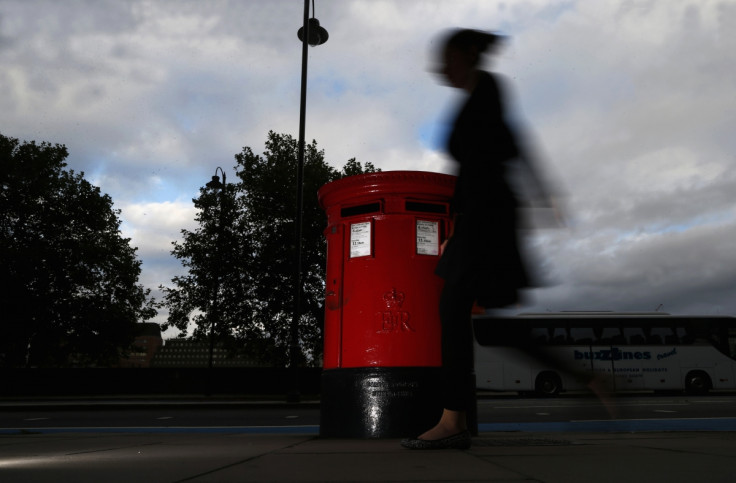Royal Mail Subsidiary Accused of Breaking French Antitrust Law

Royal Mail shares slipped after the communications firm revealed a subsidiary is under investigation by the French competition authority in a probe that may result in a "material" loss.
Its subsidiary, GLS France, is accused by the country's regulator of breaching antitrust law. The allegation is part of a wider investigation into the parcels industry. Following the news, Royal Mail shares dipped by more than 2% on the London Stock Exchange.
"We are currently considering the notice received from the French regulator," said Royal Mail.
"Given the early stage of this matter, we cannot yet determine the amount or range of potential loss; however, it is possible that it could be material. An update will be provided at the appropriate time."
This is the latest in a line of troubles for Royal Mail. Before it was privatised by the UK government in October 2014, bosses and unions fought often over pay and conditions, resulting in several walkouts.
When it was floated onto the London Stock Exchange, critics of the sell-off accused the government and the investment banks advising it of undervaluing Royal Mail, costing taxpayers hundreds of millions of pounds in lost potential revenue.
A report by parliament's Business Select Committee said taxpayers had lost out on £1bn in the privatisation and blamed "fear of failure and poor quality advice". After floating at 330p a share, the price soared to as high as 640p amid intense demand, but has since fallen back to 484p.
The government said its pricing of Royal Mail was appropriate to ensure a successful float at the time and that people should judge the share price in the longer-term.
And Royal Mail is the subject of a complaint to comms regulator Ofcom by rival TNT Post UK over so-called "Access" contracts for the direct delivery of mail sorted by others on the last leg of its journey.
Royal Mail said it hiked prices on the contracts, used by TNT and others, to protect declining postal revenues because of increasing competition. It said its future revenues could be dented by as much as £200m putting the Universal Service Obligation (USO) at risk.
The USO requires Royal Mail to run a high-cost infrastructure so it can deliver mail six days a week to all parts of the country.
Royal Mail argues this is under threat because TNT has begun to deliver and sort its own mail in Manchester and some parts of London, rather than use Royal Mail's Access service.
While Royal Mail is obliged to target loss-making areas for delivery, such as remote parts of countryside, the firm says TNT is able to "cherry pick" profitable areas, putting it at a competitive disadvantage. It has asked Ofcom to begin a competition review.
© Copyright IBTimes 2025. All rights reserved.






















